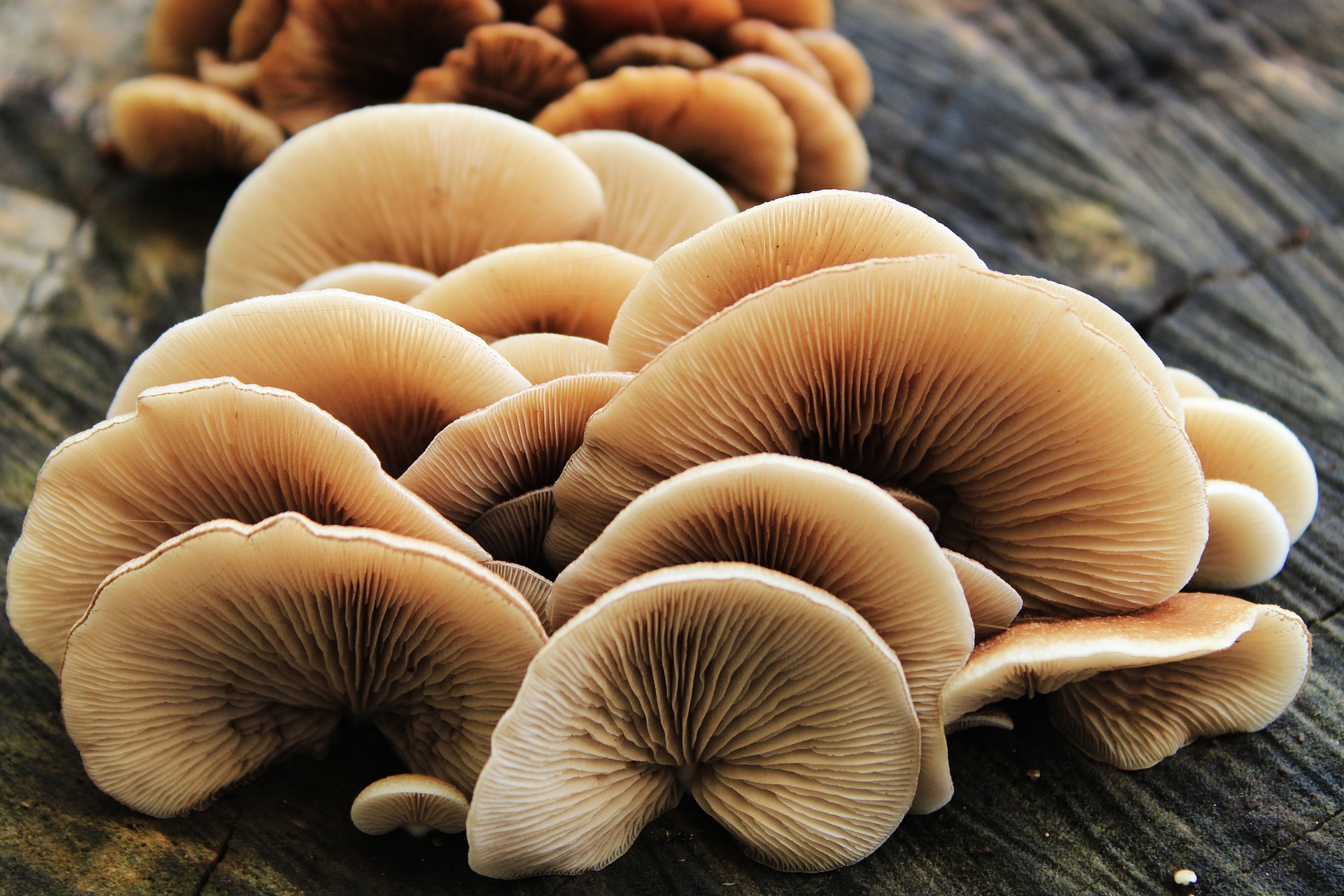It’s well known that bees don’t get along well. Threatened by pesticides and parasites, their population has fallen dramatically over the last ten years. This is also a danger to our food sovereignty. In fact, 84% of the cultivated species are directly dependent on pollinating insects.
However, to defend themselves against the varroa parasite, which is significantly responsible for their problems, bees would seem to have found an unexpected natural ally. They are wild mushrooms. In fact, a study recently published in the scientific journal Nature shows that they have a positive effect on bees. In particular, the administration of a mushroom extract produces in bees greater resistance to viruses transmitted by mites and a strengthening of the immune system.
Bees and Wild Mushrooms
Paul Stamets is the American mycologist behind this surprising insight. An expert on fungi and their pharmacological properties, he is the author of Ted Talk “6 Ways Mushrooms Can Save the World“. Already in the 1980s, Stamets had noticed that the bees in his hive frequently visited a pile of wood shavings covered with wild mushrooms. The bees sipped droplets of liquid from the mycelium, i.e the white and hairy filaments through which mushrooms absorb the food.
Reflecting on that behavior, he realized that the bees were using mushrooms not as food, but to heal themselves. In those years, in fact, the colonies of the hives started to die under mysterious and sudden circumstances. It was the so-called “hive depopulation syndrome“. Such phenomenon has led to an alarming decline in the bee population in the last ten years.
The Research
After collecting a wealth of data to support his intuition, Stamets began working with Washington State University’s entomologist Steve Sheppard. Recent studies seem to prove him right. To conduct the experiment, scientists used the polyporo mushroom mycelium, known to have antiviral properties. They then took extracts and tested them on bees. As a result, they found a reduction in the levels of the virus of the deformed wings and the virus of Lake Sinai.
In field studies the administration of mushroom extract led to a 79-fold reduction in the virus of the deformed wings and a 45,000-fold reduction in the virus of Lake Sinai. It is important to specify that both viruses are related to the varroa parasite. In other words, the compound had almost made the virus disappear.
If the positive effect of mushroom treatment is obvious, the next step is to understand how. In fact, it is not yet clear whether the extract strengthens the immune system of insects, making them more resistant to the virus, or whether the compound directly affects viruses. What is certain is that the study could have positive implications worldwide.

